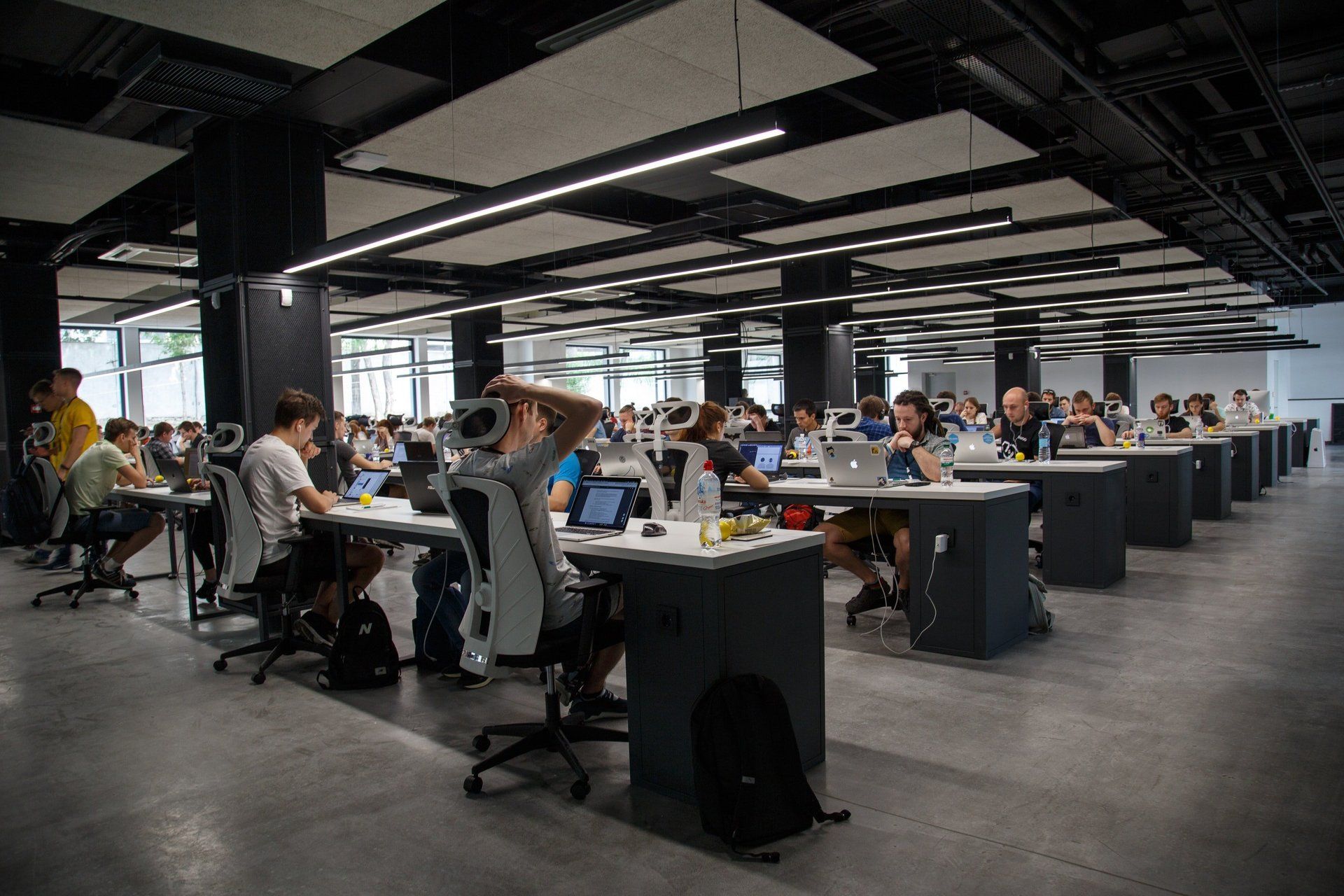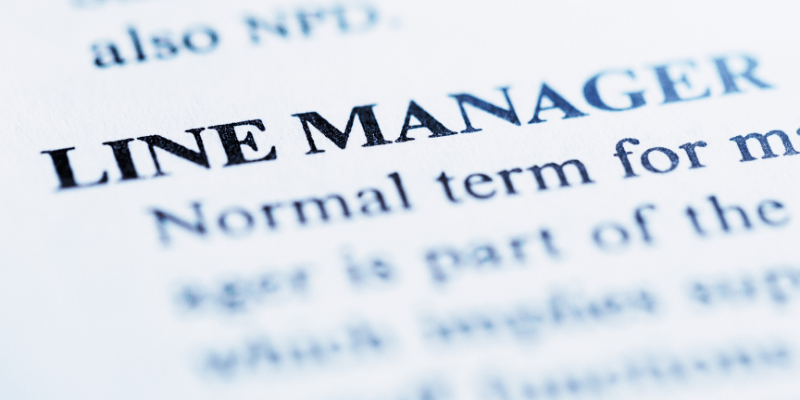By Mark Pearce
•
July 7, 2022
The 'always on' work culture. Within the wrong hands, the same technology that makes remote work possible can also make work inescapable. We live in a world of hyper connectivity, thanks to smartphones, laptops and tablets, there’s implicit expectation that we should always be online and available; even outside of our normal working hours, thus having an ‘always on’ work culture. The ‘always on’ work culture is dangerous when considering the pandemic. There are many employees working longer hours, possibly remotely isolated at home, and many taking fewer absences to make up for lost time at work. With heightened stress levels nationwide, emotions are high, with more stress and pressure on employees due to many having the risk of redundancy or being furloughed. This will lead to employees feeling less fulfilled by work and life which can have a damaging effect on their mental health and wellbeing as well as work performance. The impact of COVID19 on working environments. The coronavirus pandemic has undoubtedly changed and adapted the way we work. There have been a myriad of challenges and changes from sickness, loss, furlough and redundancy. There’s a significant amount of improvement required within employees health and wellbeing, especially within the role of a line managers support. Due to the pandemic three-fifths of organisations are tackling leaveism and presenteeism; albeit a new form from traditional office definitions. This has become even more noticeable since the pandemic began. The merging of work and home lives has had the negative effect of the ‘always on’ environment, but also seen an increase in the levels of anxiety regarding returning back to the workplace after lockdowns and periods of absence. The resolution? This has led to the pandemic adding pressure onto senior leaders to take mental health more seriously; with most organisations having put in extra measures to tackle such issues. Mental health of employees can still be affected by their financial status and worries around financial security and so it is important that organisations aim to provide more support for employees’ financial wellbeing as well as their work-life balance. The pandemic may have exacerbated the ‘always on’ issue. For many, there are no buffers to protect them around the working day patterns; with commutes, school runs and routines lost in the midst of the pandemic. Even with many workplaces now reopened, employees are under constant threat of having to shield should anyone in their “bubbles” come into contact with someone who has tested positive for COVID. The lack of knowledge and training provided to line managers to support employees with ill mental health needs to be addressed. This is needed especially considering the negative impact of the pandemic on peoples stress and mental health, alongside the health risk of those with increased homeworking. The pressure to always be on can also lead to burn-out. This is a psychological, emotional and physical state people can find themselves in when they’ve been dealing with poorly managed stress for a long time. Increased homeworking, stress and ill mental health due to the pandemic and having an ‘always on’ work ethic can have a detrimental effect on individuals, and on their organisation’s performance. Line managers without effective, informative training about disabilities and long-term health problems fail to support those individuals within the team. Unfortunately, less than a third of organisations provide line mangers with this vital training. Organisations are failing to publish workforce disability information which affects the organisation in retaining staff and hinders the ability to manage these individuals; thus showing a lack of supporting framework within the recruitment process of the company. Absence in organisations has been detrimentally impacted due to the Covid19 pandemic with it being reported that one in ten absences are now due to COVID19. This leads to companies using methods to improve employee’s attendance; such as attendance reviews, leave, return-to-work interviews and health checks. If you need to discuss your mental health workplace policies and/or how the pandemic has impacted on your business, please contact our HR experts here. Original source of information: https://www.cipd.co.uk/knowledge/culture/well-being/health-well-being-work












